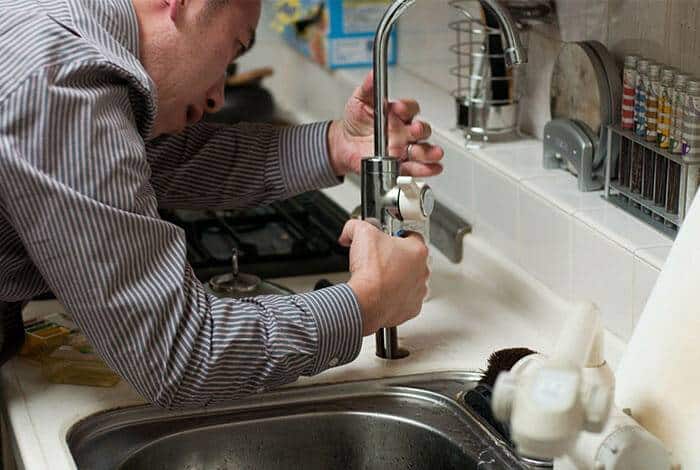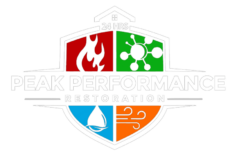FAQ
Emergency Call - 24/7
- +1 208-391-5248
Frequently Asked Questions
General Questions
Water damage can result from a variety of sources, including natural disasters like flooding or hurricanes, plumbing failures such as burst pipes or leaky appliances, and structural issues like roof leaks or foundation cracks. Even minor leaks, if left untreated, can lead to significant water damage over time.
If you experience water damage, act quickly to minimize the extent of the damage. First, ensure safety by turning off the electricity in affected areas and stopping the water source if possible. Next, contact a professional water damage restoration company immediately to assess and begin the cleanup process.
Signs of water damage include visible water stains, warping floors or walls, damp or musty odors, mold growth, and peeling paint or wallpaper. Some signs may be subtle, so it’s important to monitor for any changes in your home’s structure or appearance.
Yes, water damage can lead to mold growth. Mold thrives in damp, humid conditions, and it can begin to grow within 24 to 48 hours after water exposure. Professional water damage restoration services can help prevent mold growth by quickly drying and dehumidifying affected areas.
Water damage coverage depends on your insurance policy. Generally, sudden and accidental water damage (like a burst pipe) is covered by homeowner’s insurance. However, damage caused by gradual leaks, poor maintenance, or flooding often requires specific flood insurance. We recommend checking your policy details or consulting with your insurance provider.
For minor spills, it may be possible to clean up the water and dry the area yourself. However, significant water damage requires professional assistance. Experts have the equipment and experience needed to address water damage effectively, including preventing mold and structural issues.
Depending on the extent of the damage, you may need to temporarily relocate, especially if there are safety concerns like structural damage or mold. Your restoration company will advise you on whether it’s safe to stay and if any areas should be off-limits.
Regular maintenance can help prevent water damage. Check for and repair leaks promptly, inspect your roof and foundation, clean gutters and downspouts, and ensure your sump pump is functional. In flood-prone areas, consider installing a backflow prevention valve and waterproofing your basement.
In most cases, affected furniture and belongings are moved to prevent further damage. Restoration teams can help with moving items and often offer content cleaning or restoration services to salvage valuable belongings.


